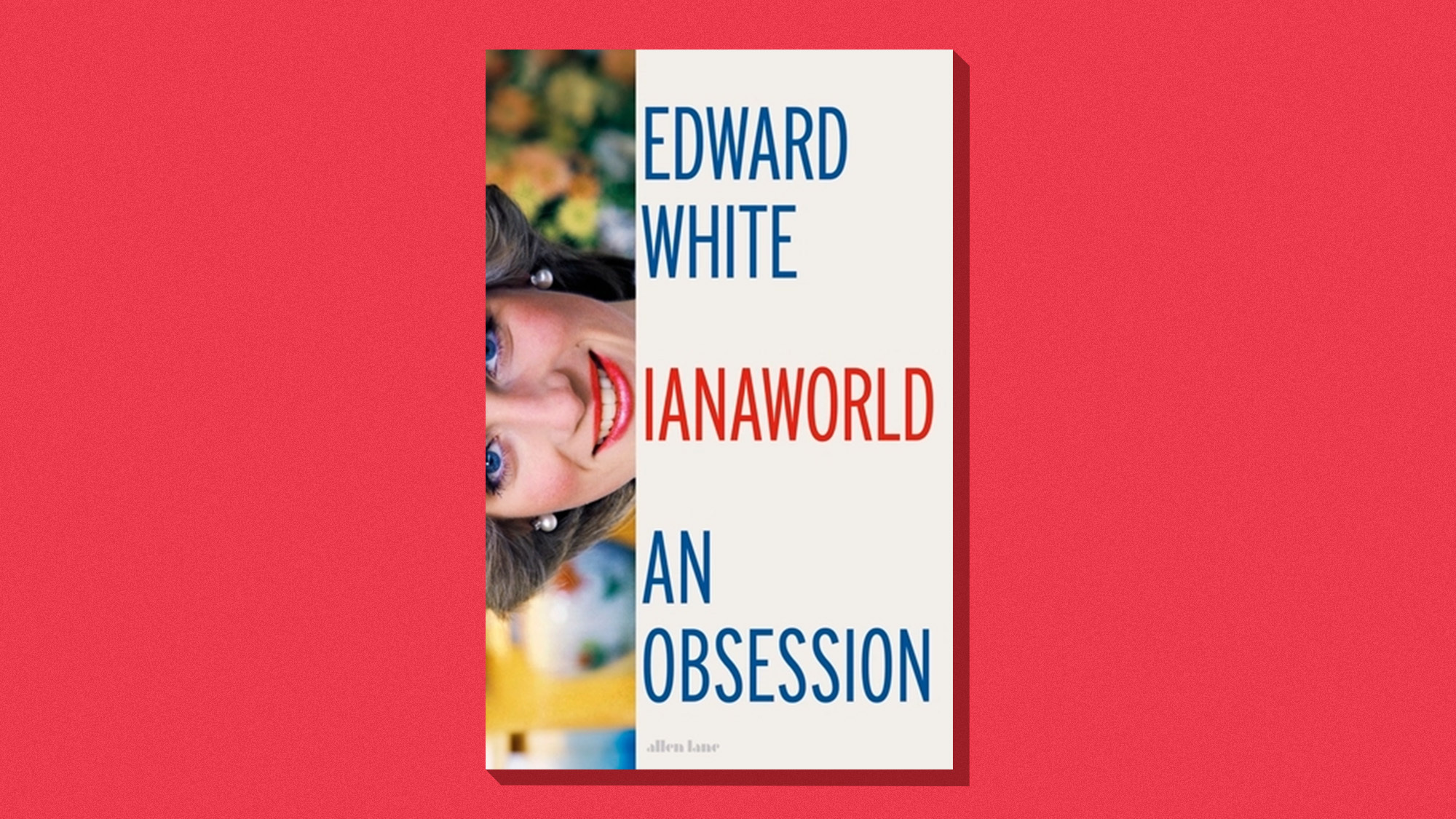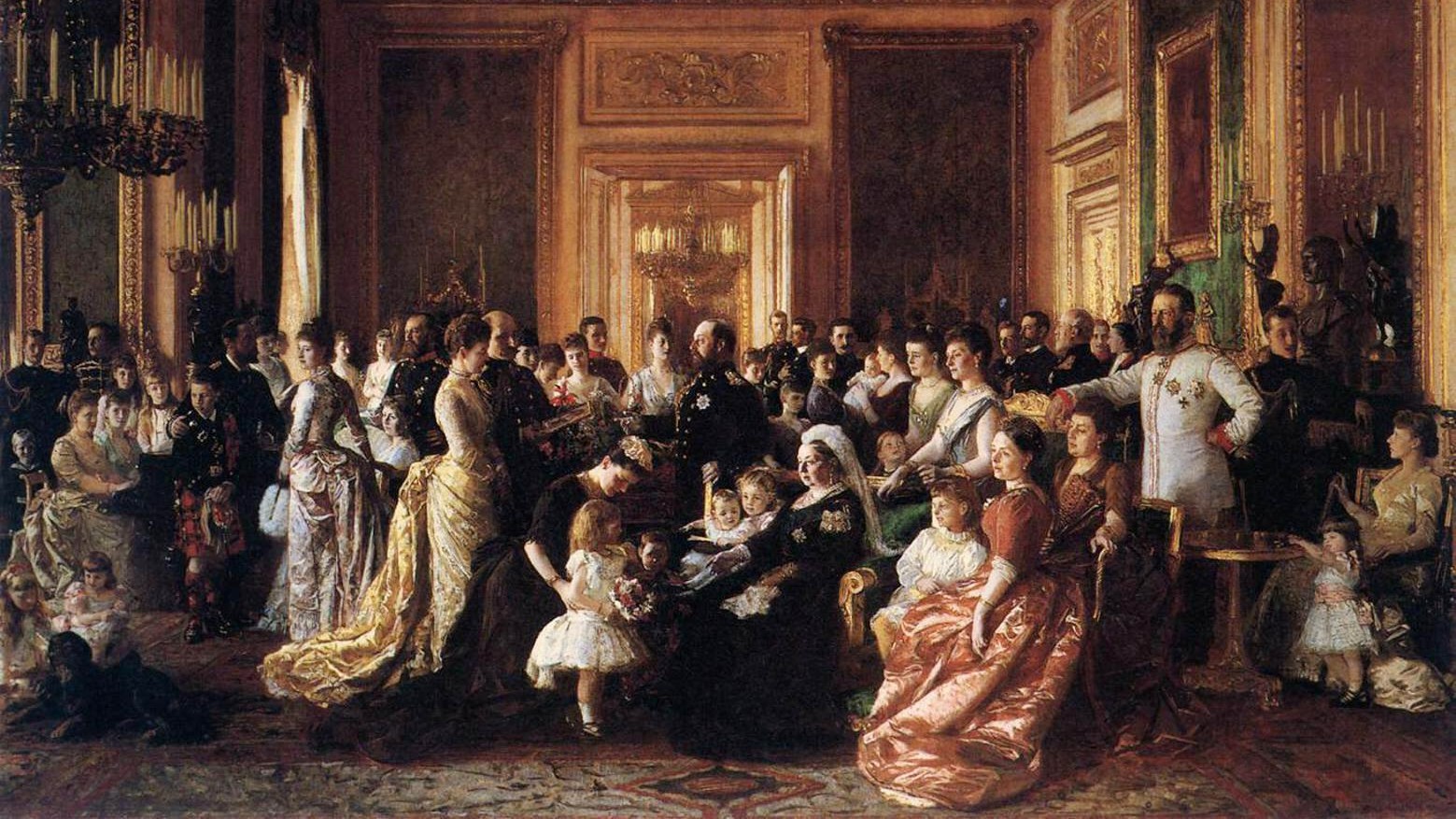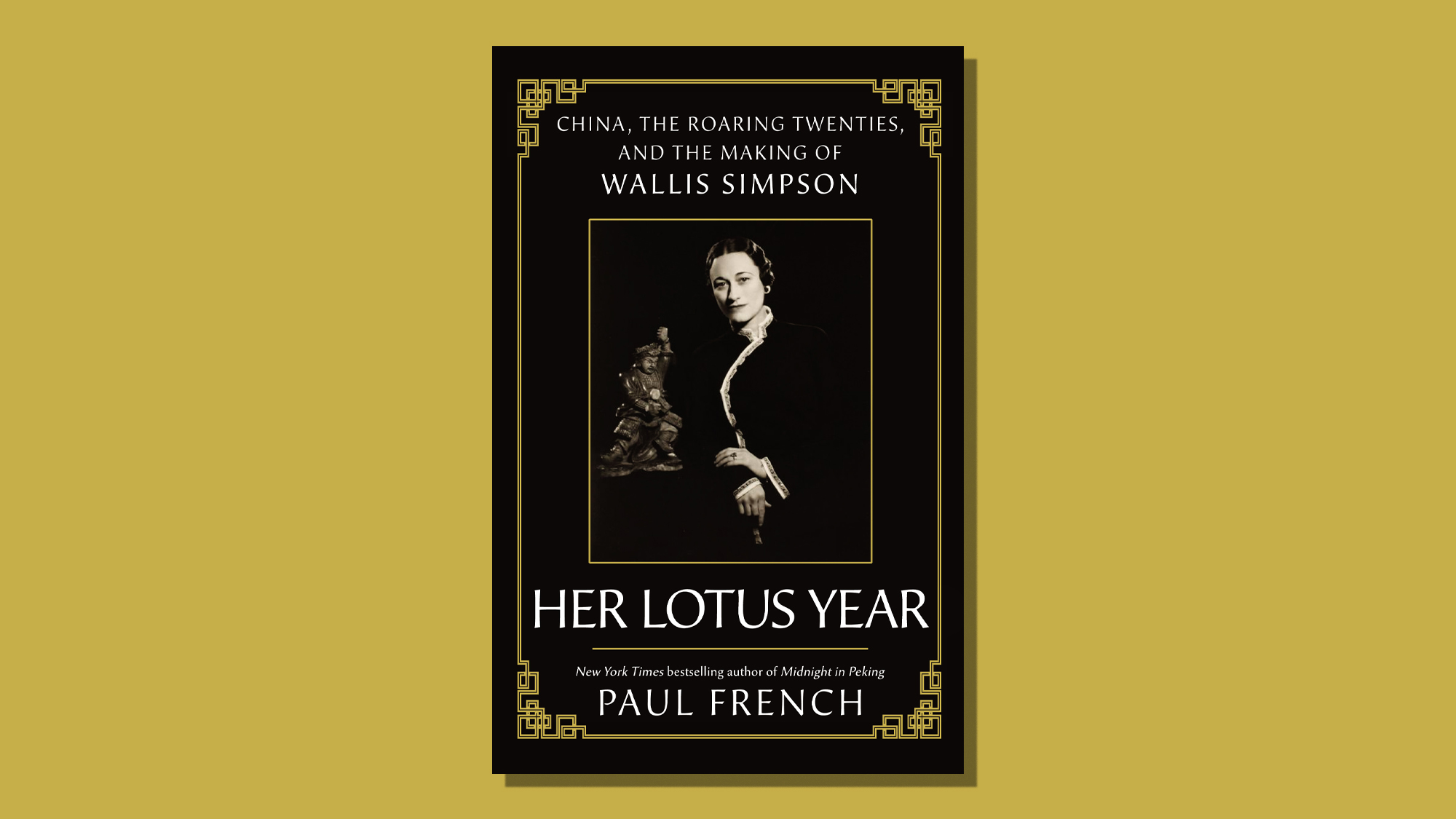Dianaworld: the 'cultural phenomenon' behind the People's Princess
'Very fine' book examines the cultural groups who once admired her, and the legacy she left behind

A free daily email with the biggest news stories of the day – and the best features from TheWeek.com
You are now subscribed
Your newsletter sign-up was successful
"I didn't think it was possible to produce an interesting book about Princess Diana at this juncture," said Nicola Shulman in Literary Review. "But, by George", Edward White has done it.
In "Dianaworld", he sets out to analyse how the third daughter of a "primogeniture-practising" family, born in the middle of last century, defied the limited expectations set for her and became "the most famous woman in the world". His book is not a conventional biography, and it offers "few new facts for Diana watchers". But what it does with "admirable intelligence" is to consider Diana as a cultural phenomenon – a figure who embodied many of the tendencies of her time, and became a repository for the fantasies of millions. White emphasises her "contradictions and paradoxical behaviours": Diana was an aristocrat who "believed herself to be an ordinary person"; a "curious elision of modern empathy and the ancient magical powers of royalty". Full of "arresting phrases" – Diana was a "wounded healer", who in her infamous BBC interview dressed as a "soap opera widow" – this is a "very fine" book.
White emphasises the way people saw in Diana exactly what they wanted to see, said Frances Wilson in the TLS. For British Asians, she was "the rebel who broke out of an arranged marriage". Drag queens admired her for her transgressiveness. Julie Burchill even argued that many of her traits – "profoundly maternal... strong-nosed, comely" – indicated Jewish blood. Meanwhile, Tony Blair – the ultimate "Dianaman", says White – seized on the grief over her death to play up their similarities. Diana, he said, "throbbed with non-conformity", a quality he identified with.
The Week
Escape your echo chamber. Get the facts behind the news, plus analysis from multiple perspectives.

Sign up for The Week's Free Newsletters
From our morning news briefing to a weekly Good News Newsletter, get the best of The Week delivered directly to your inbox.
From our morning news briefing to a weekly Good News Newsletter, get the best of The Week delivered directly to your inbox.
White employs a "cod-academic register" at times, speaking of Diana's "iconicity" and her occupation of a "liminal cultural space", said Matthew Dennison in The Telegraph. But he also offers plenty of "quirky details", such as the Diana robot doll that became popular with Japanese children in the mid-1980s.
White is right that Diana's death has "retained an extraordinary cultural hold", said Hadley Freeman in The Sunday Times, but I'm not sure her influence has persisted. Charles, so hated after their separation, is now adored; while Harry, the "true inheritor of his mother's tendency to act first, think later", is widely detested. This book is an "amusing trip to what already feels like a distant past", but it left me with a bleak thought: "how odd so many of us once cared so much about that woman, and how soon we moved on".
A free daily email with the biggest news stories of the day – and the best features from TheWeek.com
-
 How the FCC’s ‘equal time’ rule works
How the FCC’s ‘equal time’ rule worksIn the Spotlight The law is at the heart of the Colbert-CBS conflict
-
 What is the endgame in the DHS shutdown?
What is the endgame in the DHS shutdown?Today’s Big Question Democrats want to rein in ICE’s immigration crackdown
-
 ‘Poor time management isn’t just an inconvenience’
‘Poor time management isn’t just an inconvenience’Instant Opinion Opinion, comment and editorials of the day
-
 Dianarama examines the ‘extraordinary scale’ of Martin Bashir’s lies
Dianarama examines the ‘extraordinary scale’ of Martin Bashir’s liesThe Week Recommends Andy Webb’s book is packed with ‘astonishing’ allegations surrounding Princess Diana’s 1995 Panorama interview
-
 The rise of English sparkling wine
The rise of English sparkling wineThe Week Recommends As UK-based brands give champagne a run for its money, here’s everything you need to know about choosing the right bottle
-
 Four royal holiday hotspots
Four royal holiday hotspotsThe Week Recommends Follow in the footsteps of royalty and experience the charm of some of their most popular getaways
-
 Sex, drugs and a royal ruckus: the US play with a future gay Prince George
Sex, drugs and a royal ruckus: the US play with a future gay Prince GeorgeTalking Point The controversial off-Broadway show is a hit with audiences in New York
-
 The Edwardians: Age of Elegance – no end of sumptuous objects at the King's Gallery
The Edwardians: Age of Elegance – no end of sumptuous objects at the King's GalleryThe Week Recommends The splendour of Edward VII and Queen Alexandra is on display at Buckingham Palace
-
 Horse around across the globe with these liberating horse-centric activities
Horse around across the globe with these liberating horse-centric activitiesThe Week Recommends These graceful animals make any experience better
-
 Meghan Markle's new Netflix show and the media backlash
Meghan Markle's new Netflix show and the media backlashTalking Point With Love, Megan offers fresh insights into her 'mind-bogglingly exclusive lifestyle' in California
-
 Her Lotus Year: Paul French's new biography sets lurid rumours straight
Her Lotus Year: Paul French's new biography sets lurid rumours straightThe Week Recommends Wallis Simpson's year in China is less scandalous, but 'more interesting' than previously thought